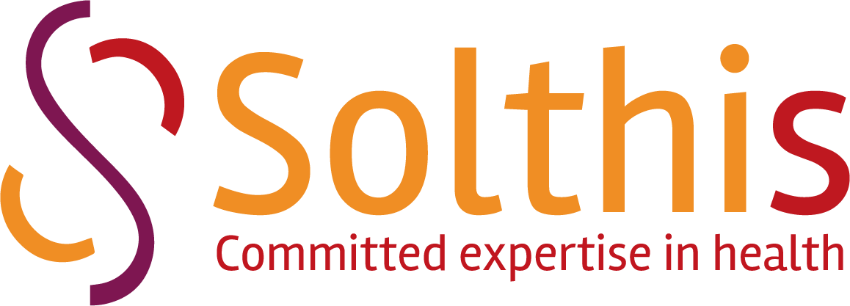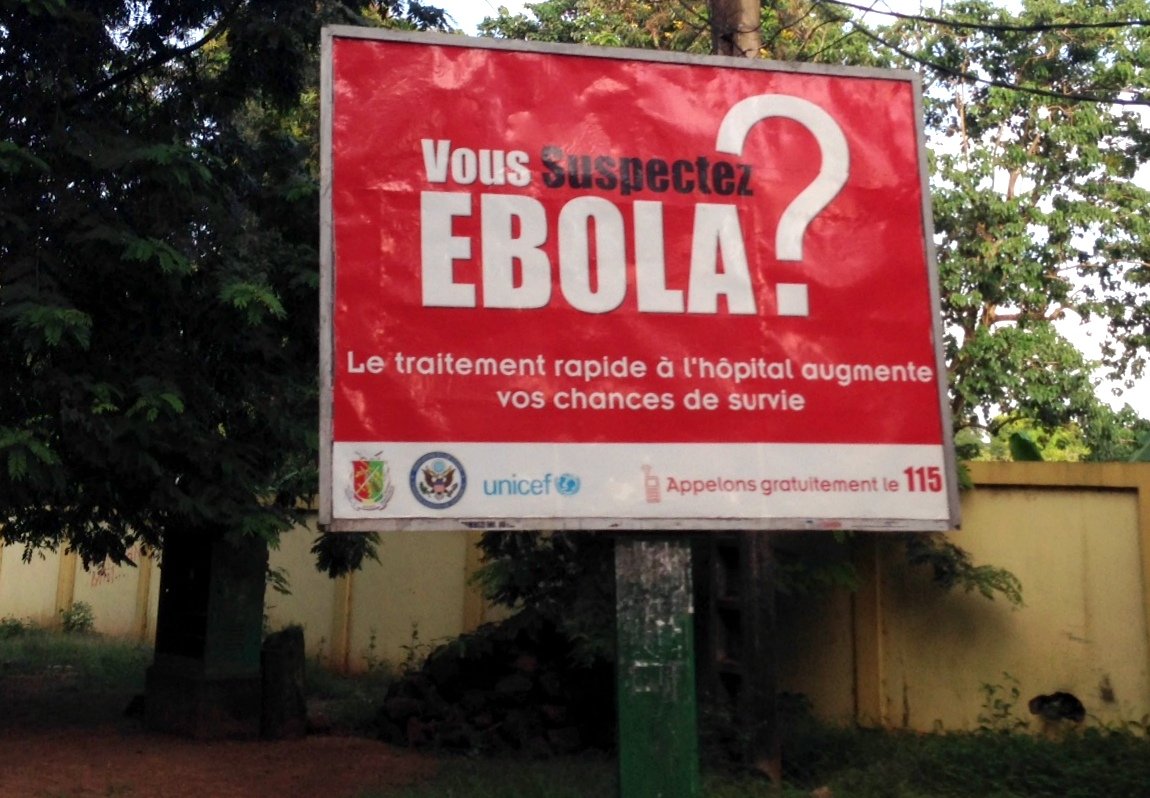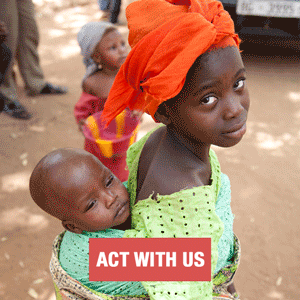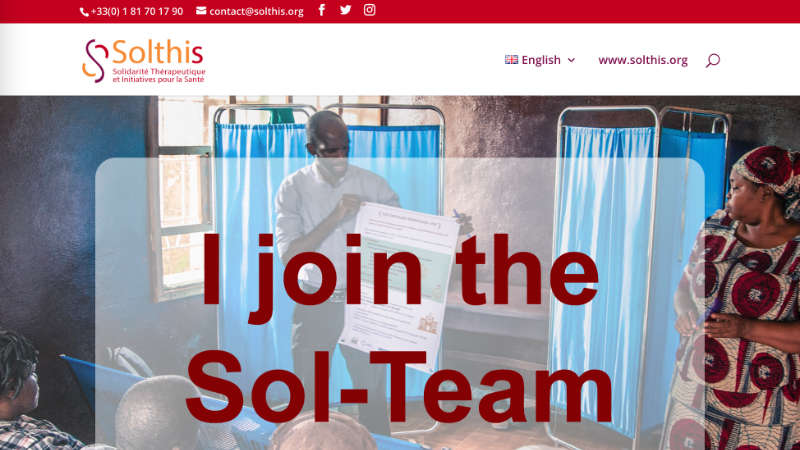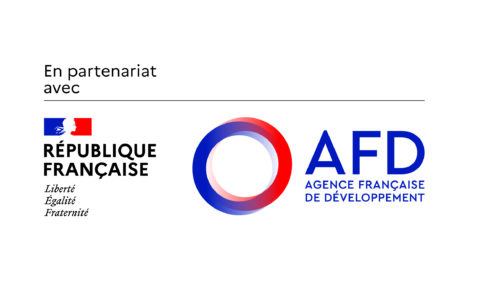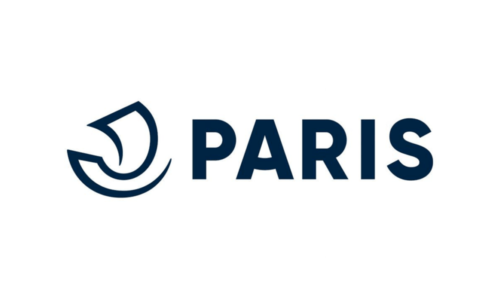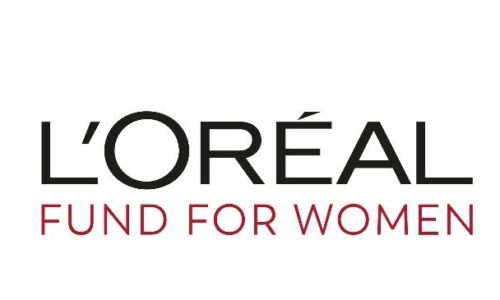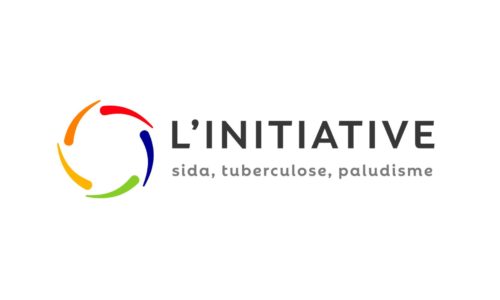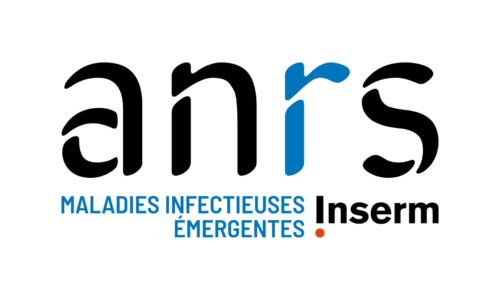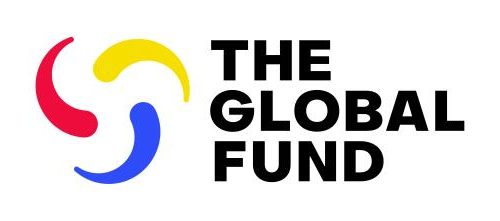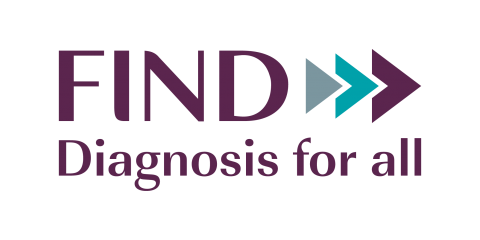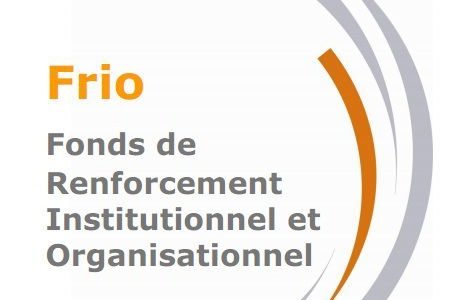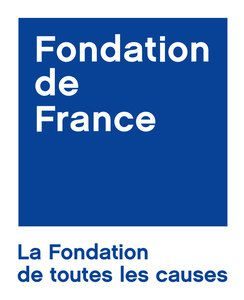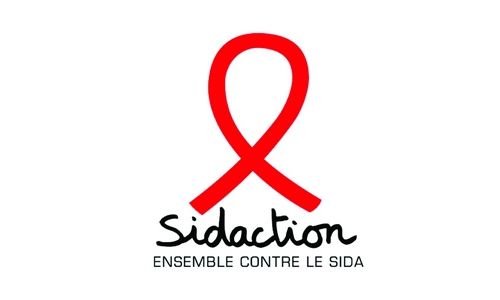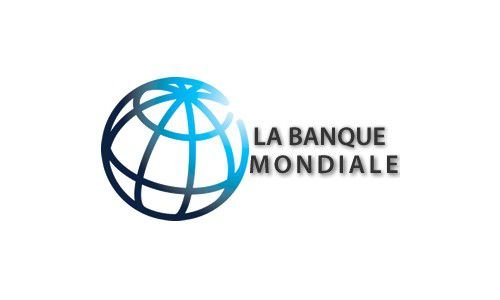Ebola virus disease (formerly known as Ebola hemorrhagic fever) is a serious disease, often fatal in humans. The virus is transmitted to humans from wild animals and then spreads to populations through human-to-human transmission. The first outbreaks of Ebola virus disease occurred in isolated villages in central Africa near tropical forests, but the recent outbreak in West Africa has affected large urban centers as well as rural areas.
The average case fatality rate is about 50%. In previous outbreaks, rates have ranged from 25% to 90%. Community participation is essential to control outbreaks. Effective control requires a combination of interventions: case management, surveillance and contact tracing, quality laboratory services, safe burial, and social mobilization. Early supportive care focusing on rehydration and symptomatic treatment improves survival rates.
No licensed treatment has yet been shown to neutralize the virus, but several treatments (blood-based, immunological, or drug-based) are under investigation. There is currently no licensed vaccine for Ebola virus disease, but two candidates are being evaluated.
Our action against the Ebola virus in Guinea and Sierra Leone
Health care workers have been hit hard by the Ebola outbreak in West Africa, working tirelessly to take care of patients and risking their lives every time they go to work. According to a WHO report on infection among health care workers, the risk of Ebola infection is between 21 and 32 times greater for health care workers than for the general population.
Solthis has therefore committed to working with its local and international partners to support the new protection measures for health care workers and patients in line with the national Ebola response plans in these two countries by providing training for health care workers, technical assistance to verify the availability of protective equipment in HIV units, and monitoring of the implementation of prevention measures in HIV units in the sites targeted by the project.
- Learn more about our response actions in Guinea and Sierra Leone.
- Learn more about the TWIN 2H Infection Prevention and Control (IPC) & Hospital Hygiene project (phase 1 and 2).
- Find all our scientific publications and interventions
